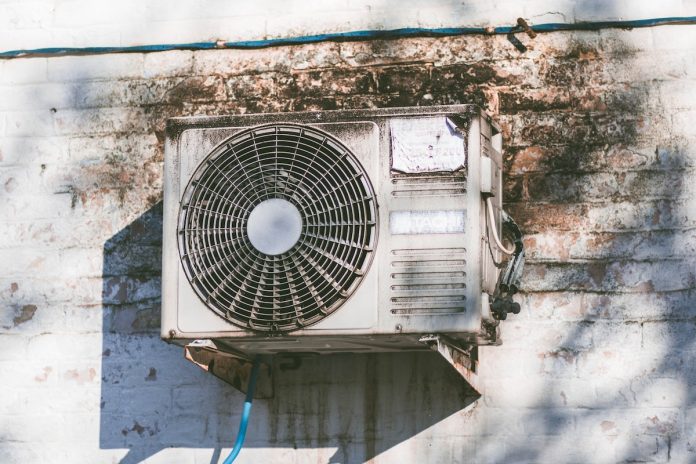How To Maintain Your Old Home’s Air Conditioning System
Air conditioners work hard, especially during summer. It is no surprise that older models fail to keep up in terms of efficiency and functionality. As a homeowner, it’s your responsibility to ensure that your air conditioning system is regularly maintained and in proper working condition.
Most air conditioning maintenance can be done independently without professional help involved, and this article will provide you with a few tips and tricks to achieve this. However, if your air conditioner is continuously giving you headaches, it might be time to consider investing in a new system.
Ductless heating and air conditioning is an excellent alternative to the modern HVAC (heating, ventilation, and air conditioning) systems on the market, and it will suit old homes better.
1. Change Your Filters
It’s usually in summer when the air conditioner is out to use and when your air conditioner needs to be checked the most. There are many warning signals to look out for to determine whether your unit needs to be serviced.
If your climate is hot and dusty, it’s recommended to change your air filter once a month to keep the air conditioner in good working condition. It’s possible as a homeowner to do this yourself.
As the name suggests, the air filter cleans the air that flows through your air conditioner, preventing the buildup of dirt that would clog the ducts and impede the system’s airflow, which reduces efficiency.
The dirty air that bypasses the filter damages the evaporator coil, reducing its ability to absorb heat. A dirty filter will also increase overall energy consumption and increase the cost of utilities.
2. Clean The Condenser Coils
Generally, your air conditioner absorbs heat from inside the house and releases the heat outside your home. The condenser coils in your air conditioner are responsible for removing the heat absorbed. If left to accumulate dirt, they will cease to function correctly and shorten the service life of the air conditioner.
Usually done only once a year, it’s a relatively easy task that a homeowner can do on their own. The following steps may help you with this.
- Turn off the air conditioner to cut off the power through the control box.
- Remove the lid from the condenser using the correct screwdriver.
- Vacuum any debris that might have gotten lodged inside the condenser housing. A wet-dry vacuum will do this job well.
- Spray the inside of the housing with a hose. This will dislodge any remaining debris and clean dirt off the coils. If further cleaning is required on the coils, use a coil cleaner and soft brush (don’t use a stiff bristle brush) to get the rest of the dirt off.
- Spray with strong water pressure for rinsing.
- Replace the lid and test the condenser for operational efficiency.

3. Control Temperatures
You can decrease your air conditioner’s workload significantly by adjusting temperatures. Keeping the temperature at a level where you are comfortable but not straining the air conditioner too much increases its shelf life.
4. Check Window Unit Sealing
Due to wear and tear, moisture and washing using pressure hoses, there’s the possibility for seals on the air conditioner to be damaged. The cool air can escape from the cracks on the system and decrease efficiency.
Check for these damages regularly. Short-term solutions include using rope caulk or weather stripping.
5. Check Your Refrigerant Levels
Here you might face a challenge with your old air conditioner. The refrigerant used in older air conditioner units is slowly being phased out worldwide due to the discovery that it contributes to ozone depletion.
Because the supply of this Refrigerant (R-22 refrigerant) has become severely limited, you may well struggle in sourcing it. Therefore, keep a close eye on your refrigerant levels if you insist on keeping with your old unit.
Have a technician come by to assess for leakages and breakages to ensure that you’re not losing any refrigerant needlessly.
6. Hire A HVAC Technician
Sometimes the best thing that you can do is to search for the air conditioner manuals and carefully read them and maybe you’ll find what you need; you can check this collection of air conditioner manuals in case your original is missing. Sometimes it’s best to consult professionals. Bring an HVAC contractor to come to inspect your air conditioner every year. More often than not, they will identify issues before they become significant problems.
Conclusion
Well, there you have it—a quick how-to guide on maintaining your air conditioning system. As stated above, most of these repairs may be conducted without hiring a contractor. However, it would be advisable to hire a contractor to do checks on the system at least once a year to identify areas to be concerned about. They will also advise whether it is time to invest in a new air conditioning system.





